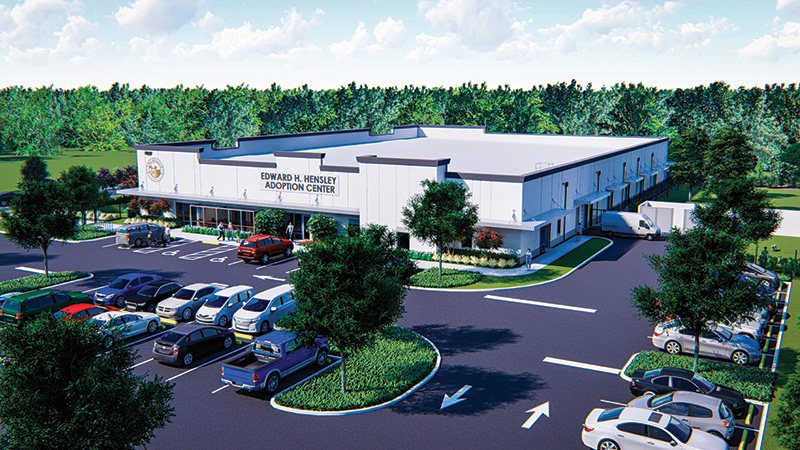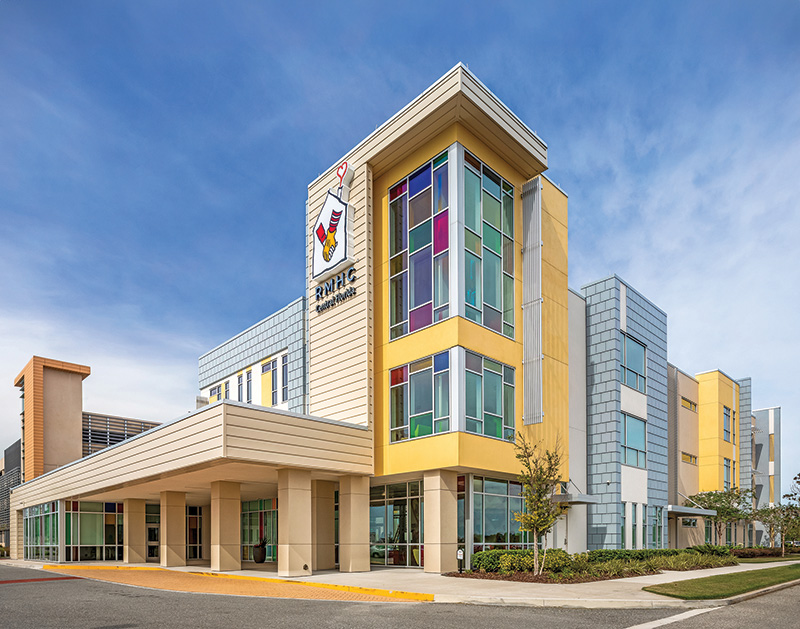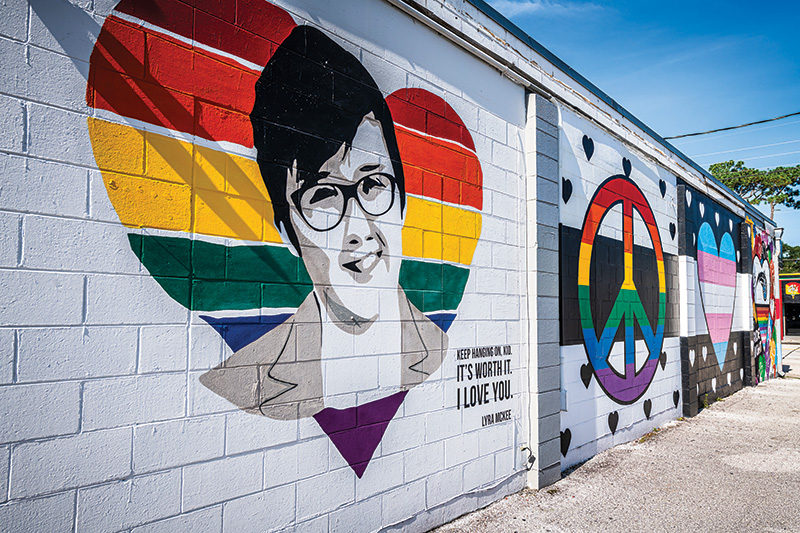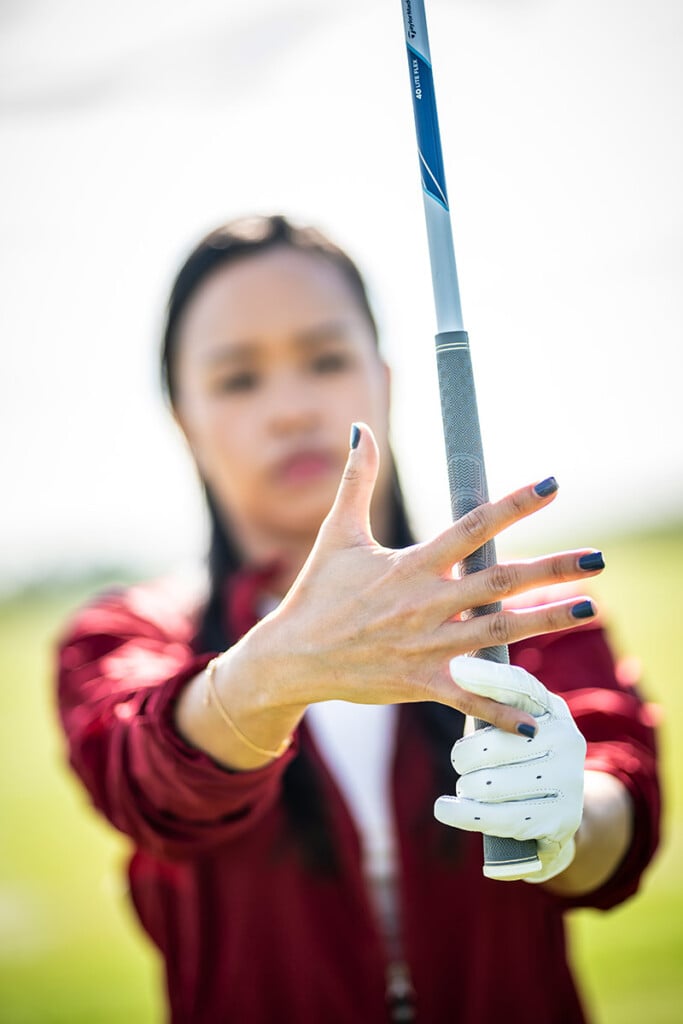2024 Central Florida Giving Guide: Part 2
The 2024 guide is so big, we had to split it into two parts. Enjoy part 2.

When thinking about your holiday giving, consider the vibrant and diverse faces of your community: children who are battling illness and bullying, seniors who face loneliness and food insecurity, animals who are looking for loving homes and those who provide quality musical offerings and impactful, community journalism and connections. There are many ills in our society, but we can help to correct them one donation or helping hand at a time. It’s a chance to make a difference in the lives of others, as well as our own lives. Read on for our guide to local charities who are worthy of your time and dollars.
Pet Alliance of Greater Orlando
Who hasn’t dreamed of waking on Christmas morning to find a playful puppy or cuddly kitten toying with tinsel under their tree? Sadly, the reality isn’t quite so idyllic.
According to the animal rights organization PETA, most “present” pets given over the holidays wind up in shelters come January.
Devoted to the welfare and well-being of animals in Orange, Seminole and Osceola counties, the Pet Alliance of Greater Orlando, which started in 1937 as the Orlando Humane Society, sees more than 4,000 surrendered homeless dogs and cats pass through its shelters each year. And while adoptions are encouraged—and much needed—there are other ways to support the nonprofit and its four-legged friends during the gift-giving season.
With construction underway on its new 25,000-square-foot dog and cat shelter on S. John Young Parkway, 2025 is set to be a landmark year for Pet Alliance. Also, the nonprofit is in the final stages of its Almost Home capital campaign and is reaching out to the community to help bring this major project to completion—the most ambitious effort in Pet Alliance’s 88-year history.
“This new shelter represents a huge step forward for Pet Alliance and the animals we serve,” says executive director Steve Bardy. “We’re incredibly grateful for the community’s support in helping us reach 70 percent of our fundraising goal, and we’re hopeful that, together, we can complete this final phase. This project isn’t just about a building; it’s about creating a lasting impact for animals and families in our community.”
Visit the Alliance’s website, and you’ll find wish lists for operational necessities such as food, paper towels and litter boxes, along with enrichment items like toys, scratch pads and “Adopt Me” bandanas, which can be purchased and delivered directly from Amazon or Chewy. The public can also pitch in during annual fundraising events like Paws in the Park (slated for Feb. 8 at Lake Eola Park), billed as “the largest pet festival in the United States,” and this month’s Reindeer Run (see sidebar).
In addition to helping animals find forever homes, the Alliance offers an array of other valuable services, including affordable veterinary care and behavioral modification resources, as well as a supplemental pet-food pantry, a pet-friendly apartment-finding registry and virtual pet-loss grief support sessions. Its AniMeals on Wheels program provides free pet food to qualified senior-citizen owners, along with basic vet services, including spaying and neutering, and routine vaccinations.
All those initiatives benefit from the countless volunteers who provided the Alliance with more than 100,000 hours of service last year alone. Helping in the clinic, facilitating off-site adoptions, delivering pet food, aiding in its Trap-Neuter-Vaccinate-Return program; there’s a lot to do and get done.
So rather than gifting a pet for Christmas, consider giving your time instead and fostering one for a few weeks…before adopting in January. petallianceorlando.org
Ronald McDonald House Charities of Central Florida
By allowing families to stay together when children need to travel for healthcare, Ronald McDonald House provides much-needed emotional support to every member of the family.
“Charitable giving is the heartbeat of our mission at Ronald McDonald House Charities of Central Florida,” says newly installed president and CEO Heather Brungardt, who brings three decades of healthcare and nonprofit leadership to the role. And she’s not clowning around.
With three locations in Orlando—on the campuses of the Orlando Health Arnold Palmer Hospital for Children, AdventHealth for Children and Nemours Children’s Health—the free facilities offer a friendly home away from home for more than 2,700 families of children from around the globe, who undergo medical procedures here every year.
Each house provides private bedrooms and baths, along with communal living and play spaces, to help alleviate families’ financial burdens and emotional strains, with staff on site 24/7 to help facilitate guests’ needs. Volunteers assist in such daily tasks as stocking supplies, cooking meals and creating welcome kits—with donated snacks, personal hygiene products and comfort items (socks, toys, coloring books)—either individually or in groups.
Even small acts aid in supporting the houses’ greater good. Take the Pop Tabs Program. Gather up and collect aluminum tabs—from beverages, soup cans, pet food containers, etc.—then drop them off at one of the houses. Or take them to a nearby Trademark Metals Recycling center, where they’ll be weighed in exchange for funds that are then credited to the charity. So simple, even a child could do it, and that’s just the idea.
“Every contribution, big or small, makes a profound difference in the lives of those we serve,” notes Brungardt.
Financial contributions also run the gamut. A $20 gift, for example, helps underwrite a one-night stay for a visiting family, while $125 covers it entirely. Feeling extra generous? Donors can provide dinner for residents at all three properties for $500 or “adopt a room” for a full year at $5,000. Corporate sponsorships, matching-gift campaigns and workplace-giving through payroll reductions also help keep the lights on, as do legacy-giving and community fundraising events.
“Your monetary donations and time as a volunteer are invaluable,” says Brungardt. “They help create a nurturing environment for families so they can rest, eat a nourishing meal, care for their daily needs and receive support during their most challenging times. Together, we foster a community that not only helps families navigate difficult journeys but also inspires hope and resilience.”
For more information, visit rmhccf.org
Seniors First
The heart of Seniors First’s mission is to enhance the quality of seniors’ lives by allowing them to maintain their independence and dignity.
“It’s really about keeping seniors independent and in their own home for as long as possible,” says Marsha Lorenz, president and CEO of Seniors First, about her organization’s mission.
That’s done through the programs and services that Seniors First offers, such as Meals on Wheels, neighborhood lunches (transportation is provided) at 17 neighborhood sites, in-home care, a guardianship program, a medical equipment bank and much more.
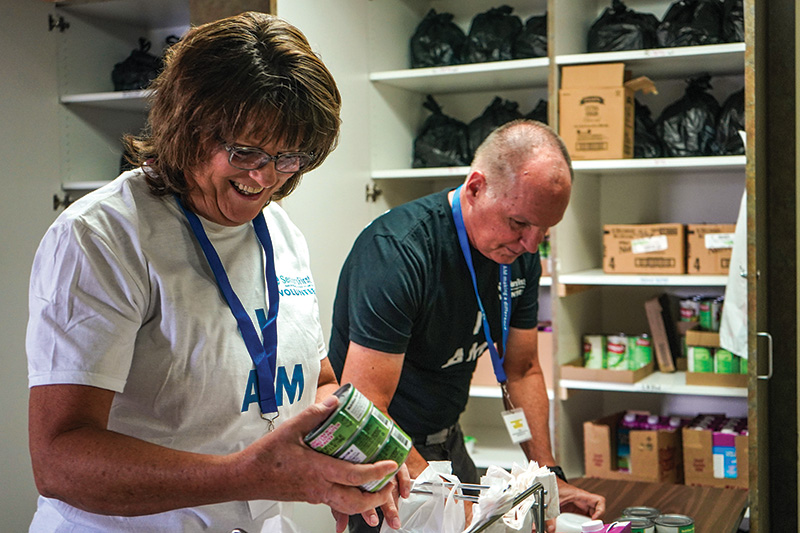
Volunteers work in Seniors First’s food pantry. The organization now has a new walk-in refrigerator and freezer that will help supplement nonperishable staples with fresh produce and other items. ©Seniors First
Seniors First also provides a community food pantry, and just debuted a walk-in refrigeration and freezer unit to enhance seniors’ diets.
“We’re very much into the food-is-medicine movement, and this refrigeration and freezer unit expands our ability to provide our clients with fresh produce and perishables with all kinds of nutritional benefits,” says Lorenz. “A lot of our clients live in food deserts, they’re low income and have no access to healthy food alternatives. So, we’re wildly excited about being able to offer fresh produce.”
According to Lorenz, one in seven seniors struggle with hunger. In 2023, Seniors First served 349,537 meals to 906 clients through its Meals on Wheels program. The program was launched in 1973; Seniors First has been in the community since 1966.
Isolation is also an issue among seniors, who, as they age in place in home, don’t have as much mobility. One in four seniors suffer from depression, says Lorenz, so volunteers provide in-home checks on seniors on a weekly basis. The Connect program offers another outlet; homebound clients can receive a senior-friendly tablet loaded with games and the ability to chat with family, friends and other seniors. Seniors First also holds regular group activities and book clubs.
With November’s stocking of the new refrigerator/freezer, holiday meals will be even more special this year. Donate to stock it or Seniors First’s pantry, and participate in the Holiday Gift Drive, in which you can purchase gift cards to Publix or Walmart so seniors can select a gift of their own choice and know that they are not forgotten. For more information, visit seniorsfirstinc.org
Zebra Youth
Two years ago, Zebra Youth legally changed its name (it was previously known as Zebra Coalition) to more accurately reflect its mission: to inspire LGBTQ+ youth to thrive.
The nonprofit, which has been active in the Central Florida community since 2010, works with youth aged 13-24, focusing primarily on mental health, counseling and housing. These youth may be facing homelessness, bullying, isolation and physical, sexual and drug abuse. Zebra Youth offers individualized programs to guide them to recovery and stability.
“The most important thing LGBTQ+ youth [need to thrive] is to have a supportive and affirming home, or at least a supportive and affirming environment,” says Heather Wilkie, executive director of Zebra Youth. “We do a lot of education around that. We work with parents to help with understanding their child and the journey that their child may be on.”
Zebra Youth education initiatives extend to the schools as well. This outreach focuses on creating an inclusive environment for LGBTQ+ youth, to ensure that they have a healthy environment to grow up in.
Each year, about 400 youth take part in Zebra Youth’s services. A large portion of that is transitional housing services; the organization currently has three housing projects and is about to open a fourth that will offer 12 additional units. The average length of stay in the program is six months.
“The goal is for them to transition into permanent, stable housing, so they can afford their own place to live,” says Wilkie. “They are issued a case manager when they come into the program, who helps them create goals toward self-sufficiency.”
There’s also a drop-in center that provides services every day; activities range from crafting, meditation, cooking, music, even Dungeons & Dragons.
You can make a difference this season by sponsoring a Zebra Youth for $140 a month, which sponsors that youth in a housing program for one year. You can also purchase items found on the organization’s Amazon wish list, which is available on the website—it includes items such as linens, cleaning products and hygiene products that youth need for their housing units.
Another great way to show your support for Zebra Youth?
“Follow us on social media to get educated about the community that we serve and to understand the issues that are happening with them,” says Wilkie, “and get involved in the events that we have throughout the year.”
For more information, a calendar of events and a link to Zebra Youth’s wish list, visit zebrayouth.org
